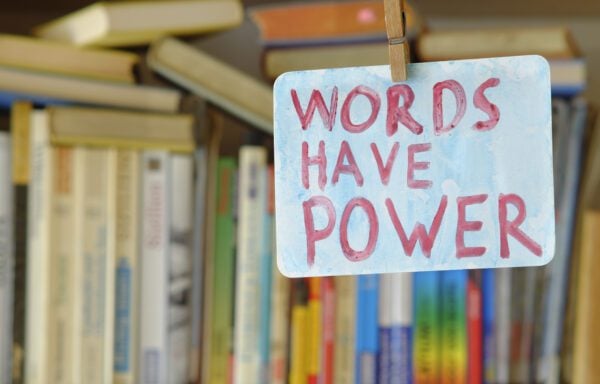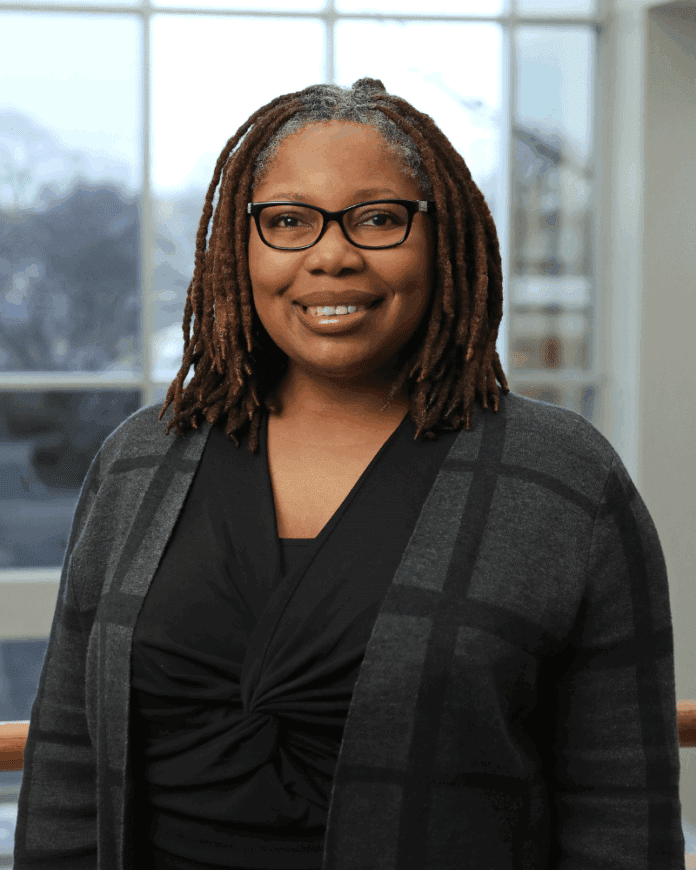Reading opens windows to diverse ideas, cultures, and perspectives, humanizing the “other” through story and nurturing empathy. At the Indianapolis Public Library, we witness how access to books empowers our community daily.
Yet, that access is not guaranteed. Across the country, efforts to restrict reading materials threaten the freedom to read that allows us to deepen our understanding of the world.
Too often, the debate over content misses the larger truth: many of the most frequently challenged books contain perspectives that some would prefer to silence. Works that honestly examine race, history and identity are disproportionately targeted, which can send a message about whose stories are worthy of being heard.
That is why National Banned Books Week, taking place Oct. 5–11 this year, remains so, so important. The annual event shines a light on the importance of free and open access to information and calls us to celebrate the diverse voices that shape our culture and history.
The numbers are sobering. In 2024, the American Library Association documented 821 attempts to censor books and services in libraries, schools, and universities across the country. Public libraries accounted for 58% of these challenges, school libraries (38%), schools (5%), and higher education classrooms account for 2%. Many of the targeted titles centered on LGBTQIA+ themes, explorations of race and racism, or calls for equity and social justice.

Here in Indiana, challenged works have included “The Bluest Eye” by Toni Morrison, which explores race and child sexual abuse, “How to Be an Antiracist” by Ibram X. Kendi, which includes proposals for anti-racist individual actions and systemic changes, and “Monday’s Not Coming” by Tiffany D. Jackson, a book written for teens that explores gentrification, child abuse and domestic violence.
These books, while dealing with heavy topics, provide windows to understanding and truth. Silencing them risks silencing the lived experiences of entire communities.
At The Indianapolis Public Library, we believe the freedom to read is inseparable from the freedom to grow, learn and thrive. Supporting the freedom to read is one of our values at The Indianapolis Public Library. We invite our community to stand with us to share stories that matter and to affirm the right of every person to read and think freely.
Because access to knowledge is more than power. It is justice, and it is freedom.
Kim Ewers is the Access, Belonging, and Culture Officer at The Indianapolis Public Library. She obtained her Master’s of Library Science from IUPUI.




